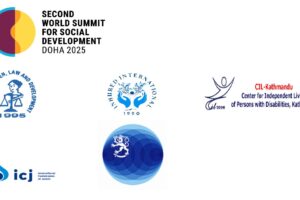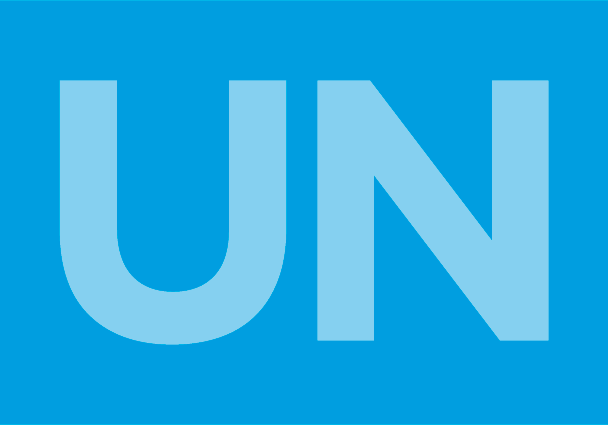
Aug 9, 2013
The ICJ submitted to the Human Rights Committee and the Committee against Torture information in preparation for the Committees’ examination of periodic reports of Ireland under the International Covenant on Civil and Political Rights (ICCPR) and the Convention against Torture and other forms of Cruel, Inhuman or Degrading Treatment or Punishment (CAT).
During its session in October 2013, the Human Rights Committee will adopt a List of Issues for the examination in 2014 of the fourth periodic report of Ireland under the ICCPR. The Committee against Torture will, in November 2013, adopt a List of Issues for the examination in 2014 of the second periodic report of Ireland under the CAT.
In separate submissions to each Committee, the ICJ raises issues and suggested questions to be put to the Government of Ireland concerning breaches of the ICCPR that may arise as a result of severe legislative restrictions in Ireland on access to safe and legal abortions.
Ireland-HRCttee109-LOISubmission-LegalSubmission-2013 (download full submission to the Human Rights Committee)
Ireland-CAT51-LOIPRSubmission-LegalSubmission-2013 (download full submission to the Committee against Torture)
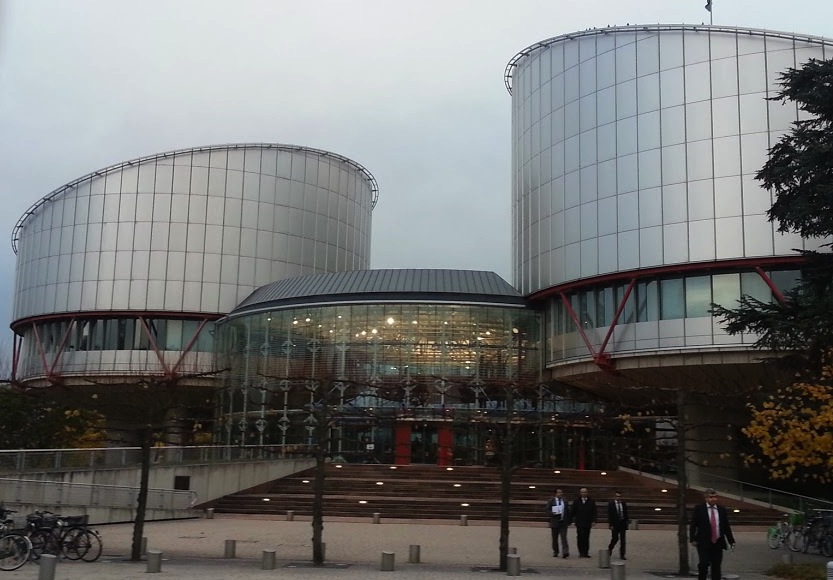
Jul 23, 2013
The European Court of Human Rights ruled today that the 17-month detention of a Sierra Leone national asylum seeker was in breach of Article 5(1) of the European Convention on Human Rights (ECHR).
Ibrahim Suso Musa had been detained in the Safi Barracks, an administrative detention centre for undocumented migrants located in a military base, for more than six months pending his asylum application.
He was then held for a further eleven months with view of deportation, after his asylum request had been rejected on 2 April 2012.
The Court further held that Maltese authorities had breached his right to an effective and speedy remedy to challenge the lawfulness of his detention under Article 5(4) ECHR.
The ICJ submitted a third party intervention in the case, arguing, among other things, that the mechanism of review of the legality of detention in Malta was at odds with ECHR standards and that conditions of detention should be taken into account when assessing the arbitrariness of the detention under Article 5 of the European Convention.
The European Court of Human Rights ruled that Maltese legislation did not provide any effective and speedy remedy to challenge detention of undocumented migrants or asylum seekers. It furthermore held that his detention pending his asylum application was arbitrary because it was excessively long, particularly considering the poor conditions of detention in the Safi Barracks detention centre. Finally, it ruled that, because of the conditions of detention, the absence of a means under Maltese law to challenge the detention’s legality and the fact that effective efforts towards deportation had not been pursued, “the national system failed as a whole to protect [Suso Musa] from arbitrary detention”.
The International Commission of Jurists (ICJ) welcomes today’s ruling of the European Court of Human Rights in the case of Suso Musa v. Malta, which corroborates some of the findings of its report, Not Here to Stay, documenting an ICJ mission to Malta in September 2011.
“This ruling is an authoritative statement that the migration detention system is not in line with Malta’s obligations under the European Convention on Human Rights”, said Massimo Frigo, Legal Adviser for the Europe Programme. “The system as it stands opens the door to substantial abuses, adding to the extraordinary strains that are faced by many asylum seekers. The ICJ shares the Court’s view that “general measures at national level are undoubtedly called for in execution of the present judgment” and calls on Maltese authorities to implement the Court’s recommendations on specific measures to bring the system up to standard.”
The ICJ acknowledges that Malta’s situation is particularly difficult and that the European Union must also play its role as guarantor of the EU Charter of Fundamental Rights and of EU standards on asylum. “The EU should intervene to ensure that the Maltese system is put in line with EU and ECHR human rights standards and its Member States should cooperate including by facilitating the resettlement of persons recognized for international protection”, said Massimo Frigo.
SusoMusa-Malta-ECtHR-Statement-2013 (download the statement)
SusoMusa-ECtHR-Intervention-Malta-2013 (download the third party intervention)
SusoMusa-ECtHR-Judgment-Malta-2013 (download the Court’s judgement)
Contact:
Massimo Frigo, ICJ Legal Adviser of the Europe Programme, tel: 41 22 979 38 05, e-mail: massimo.frigo(a)icj.org
Róisín Pillay, ICJ Director of the Europe Programme, e-mail : roisin.pillay(a)icj.org
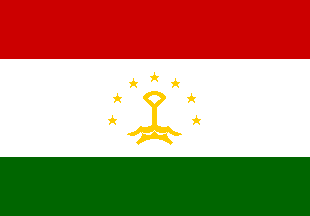
Jun 13, 2013
The ICJ has submitted an alternative report to the Human Rights Committee on Tajikistan’s compliance with the International Covenant on Civil and Political Rights (ICCPR).
The report focuses on questions arising under Articles 7, 9 and 14 of the International Covenant on Civil and Political Rights (ICCPR) concerning the weak framework of protection against torture and other ill-treatment for those apprehended and detainees; the practices of arbitrary arrest and detention; and the inadequate protection of the right to a fair trial.
The ICJ raises various concerns about the criminal justice system, including the use of pre-trial detention in the majority of cases as the sole measure of restraint, and the use of torture and ill-treatment to extract “confessions”. The ICJ also addresses the lack of equality of arms in the criminal process; and impediments to lawyers in the exercise of their professional duties.
Tajikistan-HRCttee108-ICJ-AlternativeReport-LegalSubmission-2013 (download full alternative report by the ICJ)

Jun 12, 2013
The ICJ has submitted an alternative report to the Human Rights Committee for the evaluation of Indonesia’s implementation of the International Covenant on Civil and Political Rights (ICCPR).
In its submission, prepared as a report alternative to Indonesia’s initial report to the Human Rights Committee, the ICJ addresses issues concerning the right to an effective remedy; the right to life; and rights of persons belonging to minorities. This follows the ICJ’s submission of information to the Committee in December 2012 in the preparation of a list of issues for the examination of Indonesia. The current report calls on the Committee to make recommendations on articles 2, 6, 7 and 27 of the ICCPR.
The initial report of Indonesia will be considered by the Human Rights Committee during its 108th session held in Geneva on 8 to 26 July 2013, following which the Committee will adopt Concluding Observations with recommendations.
Indonesia-HRCttee108-ICJ-AlternativeReport-LegalSubmission-2013 (download full alternative report by the ICJ)
ICJ submission on the list of issues for the examination of Indonesia
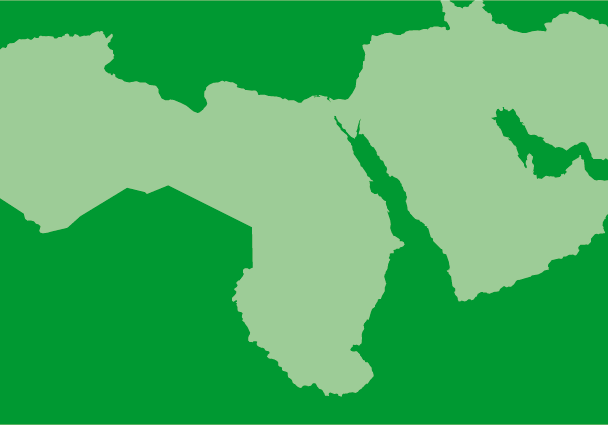
Jun 10, 2013
The ICJ today called on the Human Rights Council to support the recommendations of the Special Rapporteur on the situation of human rights in the Occupied Palestinian Territories (OPT).
In a general debate under Item 7 (human rights situation in Palestine and other occupied Arab territories), the ICJ called for the immediate charging with precise criminal offences, or unconditional release, of Palestinians arbitrarily detained in Israel and the OPT. It characterised the construction, expansion and encouragement of settlements in the OPT as a de facto annexation of Palestinian land and an illegal exploitation of its natural resources. The ICJ also called for meaningful action to hold to account the perpetrators of human rights violations and abuses in the context of activities of business enterprises.
The statement was delivered during the Human Rights Council’s 23rd regular session (27 May to 14 June 2013).
Israel-OPT-HRC23-Item7GD-LegalSubmission-2013 (download full oral statement in PDF)






